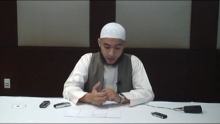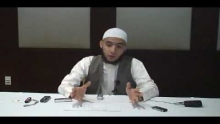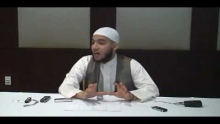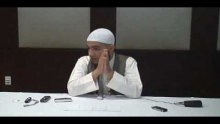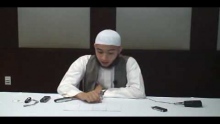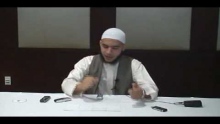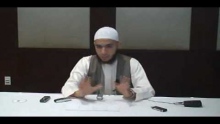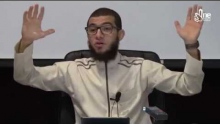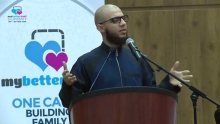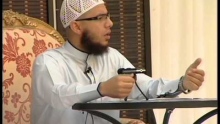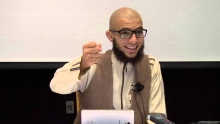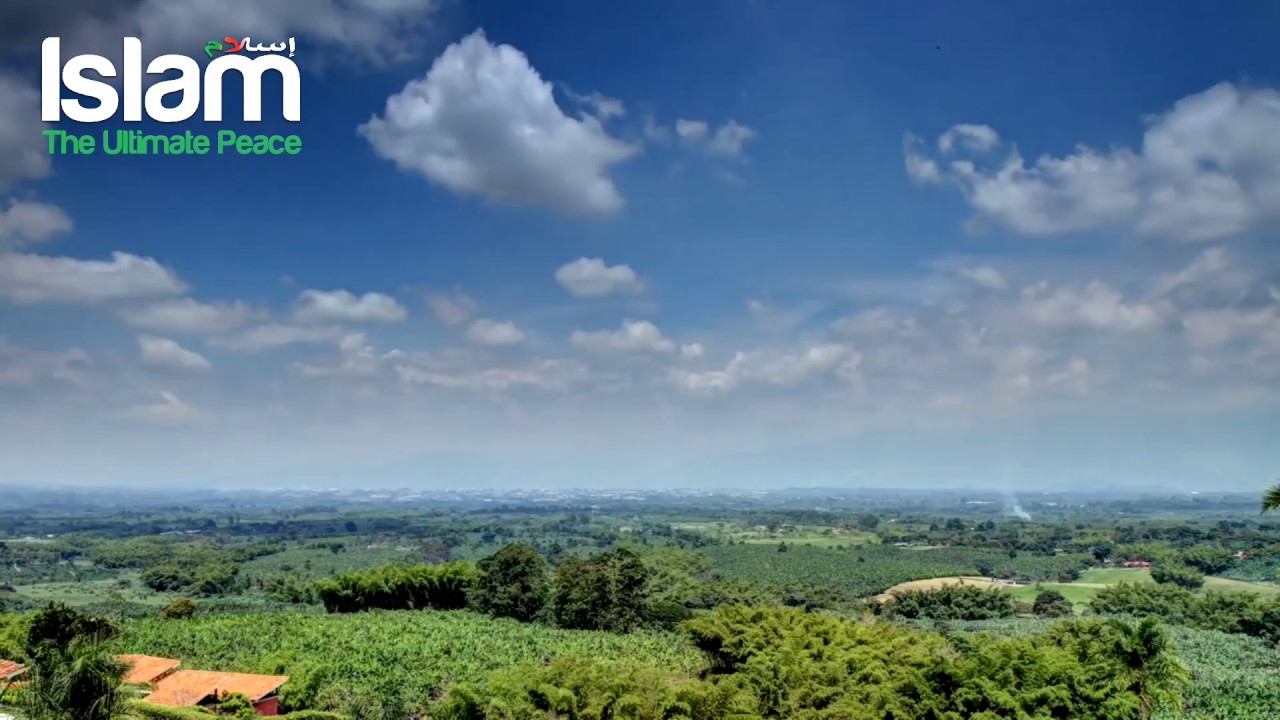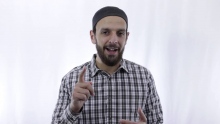Sufism 9/12 (Q&A - Raising hands when making du'aa, knowledge fr ppl of innovation, etc)
16 years ago
09:10
20,750 views
Regarding raising the hands when making du'aa:
It is important to note that du'aa' is an act of worship, and every act of worship should only be done on the basis of evidence (daleel). The basic principle here is that the hands should be raised when making du'aa', except when the du'aa' is part of another act of worship, in which case raising the hands is regarded as an additional action (and should not be done). Examples of such acts of worship include salaah (prayer), khutbah (sermon), tawaaf (circumambulation of the Ka'bah), sa'ee (running between al-Safaa and Marwah), etc. Salaah includes du'aa' at the beginning of the prayer, in rukoo' (bowing), when standing up from rukoo', in the two sajdahs (prostrations) and in the sitting between the two prostrations -- but whoever raises his hands in these places is considered to have committed an act of bid'ah (reprehensible innovation). The same applies to raising the hands when making du'aa' on the minbar, except in the case of istisqaa' (praying for rain). And the same applies when making du'aa' when doing tawaaf or sa'ee.
When there is evidence to show that it is permissible to raise the hands in certain situation, then there is no dispute. Any du'aa' which has not been narrated in a report and which is not part of another act of worship is regarded as general du'aa'; in this case there is nothing wrong with raising the hands. It was narrated that the Prophet (peace and blessings of Allaah be upon him) spoke of a man who raised his hands to the sky and said, "O Lord, O Lord," whilst his food was haraam, his drink was haraam, his clothing was haraam, he had been nourished with haraam, so how could his du'aa' be answered?
And the Prophet (peace and blessings of Allaah be upon him) said: "Allaah feels shy to let His slave raise his hands to Him and bring them back empty." -- and other ahaadeeth.
With regard to raising the hands after a naafil prayer, if that is not a du'aa' that is regularly offered, such as when a man is faced with some emergency, and he calls upon Allaah at that moment, there is nothing wrong with that. But if he regularly makes du'aa' and raises his hands after praying an obligatory prayer, there is no clear daleel to support doing so.
Islamqa.com
It is important to note that du'aa' is an act of worship, and every act of worship should only be done on the basis of evidence (daleel). The basic principle here is that the hands should be raised when making du'aa', except when the du'aa' is part of another act of worship, in which case raising the hands is regarded as an additional action (and should not be done). Examples of such acts of worship include salaah (prayer), khutbah (sermon), tawaaf (circumambulation of the Ka'bah), sa'ee (running between al-Safaa and Marwah), etc. Salaah includes du'aa' at the beginning of the prayer, in rukoo' (bowing), when standing up from rukoo', in the two sajdahs (prostrations) and in the sitting between the two prostrations -- but whoever raises his hands in these places is considered to have committed an act of bid'ah (reprehensible innovation). The same applies to raising the hands when making du'aa' on the minbar, except in the case of istisqaa' (praying for rain). And the same applies when making du'aa' when doing tawaaf or sa'ee.
When there is evidence to show that it is permissible to raise the hands in certain situation, then there is no dispute. Any du'aa' which has not been narrated in a report and which is not part of another act of worship is regarded as general du'aa'; in this case there is nothing wrong with raising the hands. It was narrated that the Prophet (peace and blessings of Allaah be upon him) spoke of a man who raised his hands to the sky and said, "O Lord, O Lord," whilst his food was haraam, his drink was haraam, his clothing was haraam, he had been nourished with haraam, so how could his du'aa' be answered?
And the Prophet (peace and blessings of Allaah be upon him) said: "Allaah feels shy to let His slave raise his hands to Him and bring them back empty." -- and other ahaadeeth.
With regard to raising the hands after a naafil prayer, if that is not a du'aa' that is regularly offered, such as when a man is faced with some emergency, and he calls upon Allaah at that moment, there is nothing wrong with that. But if he regularly makes du'aa' and raises his hands after praying an obligatory prayer, there is no clear daleel to support doing so.
Islamqa.com


 English
English Български
Български No filter
No filter